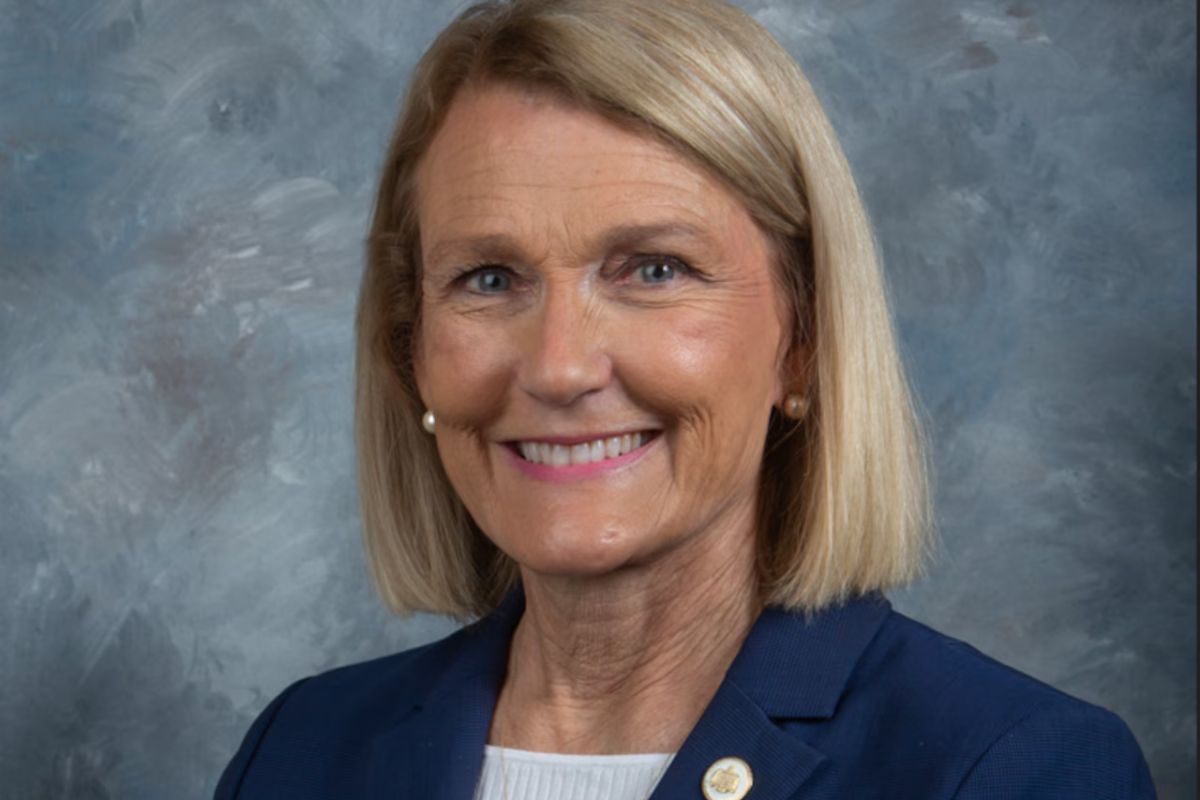Alabama Commerce Chief Keeping Union Exclusion: Alabama’s Commerce Chief maintains a union-free environment at the auto plant for economic prosperity. The exclusion aligns with the state’s strategic vision for economic growth and business competitiveness. The decision reflects concerns about potential disruptions to the investment climate and workforce dynamics.
Reservations by key officials underline the delicate balance between workers’ rights and maintaining a robust economic environment. This approach underscores a thoughtful consideration of Alabama’s economic interests and industry landscape. The intentional focus on union exclusion is a key component in fostering a favorable environment for auto plant success.
Rise of Unionization in Alabama’s Auto Industry
The surge in unionization efforts within Alabama’s auto industry, particularly in historically resistant regions like Vance and Montgomery, marks a pivotal turning point in the landscape of labor relations in the Deep South. The United Auto Workers’ (UAW) progress in signing up over half of Mercedes-Benz’s Vance plant employees and 30% of Hyundai’s Montgomery plant workforce demonstrates a notable shift in a region known for its anti-union stance. This increase in union activity challenges the traditional dominance of right-to-work states in the Deep South’s auto sector, paving the way for potentially improved working conditions and collective bargaining power for employees.
The UAW’s success in garnering support within these auto plants signifies a growing discontent among workers with existing labor practices. It highlights a desire for greater representation and a stronger voice in shaping workplace policies and procedures. The increased unionization rates also suggest a changing perception among workers regarding the benefits that collective bargaining can bring concerning job security, wages, and benefits. This shift could have far-reaching implications not only for the auto industry in Alabama but also for labor relations across the region.
UAW’s Organizing Strategy and Financial Commitment
With a strategic focus on securing significant worker support and a substantial financial commitment, the UAW is actively pursuing its organizing goals in the auto industry. The union’s strategy of aiming for 70% worker support before petitioning for recognition demonstrates a calculated approach to building a strong foundation for collective bargaining.
In the event of resistance from employers, the UAW is prepared to navigate the formal channels by involving the National Labor Relations Board for a democratic vote. The allocation of $40 million over two years by the UAW executive board underscores the seriousness and scale of their organizing efforts, particularly targeting non-union workers in the auto and electric battery sectors, with a specific emphasis on Southern regions like Alabama.
President Shawn Fain’s recent visit to Alabama signals the union’s commitment to expanding its influence and membership base, highlighting a determined push to establish a stronger presence in the auto industry.
Response from Alabama’s Secretary of Commerce and Governor
Alabama’s Secretary of Commerce and Governor have expressed strong reservations regarding the unionization efforts in the state, emphasizing concerns about the potential economic implications of such actions.
Secretary McNair and Governor Ivey have publicly voiced their opposition to the union drive, highlighting the need to maintain a non-union environment to attract and retain industry investments. McNair pointed to Hyundai’s success in Alabama as a proof of the benefits of a union-free environment, warning that union activity could jeopardize the state’s competitiveness in economic development.
Governor Ivey echoed these sentiments, underlining the importance of preserving the state’s status as a premier destination for businesses. Their stance reflects a strategic approach aimed at safeguarding Alabama’s economic interests and sustaining its attractiveness to companies seeking to establish operations in the state.
Economic Impact and Industry Perspective
Considering the potential ramifications on the region’s economic landscape, a thorough examination of the implications of unionization in Alabama’s auto industry is essential.
McNair’s stance, backed by her role in Hyundai’s success in Alabama, emphasizes the advantages of a union-free environment, attributing the company’s growth to direct communication with employees. This perspective reflects a broader industry sentiment, where the debate on unionization weighs the benefits of organized labor against concerns about its impact on business operations and investment.
The economic impact of unionization extends beyond labor relations to affect overall competitiveness, workforce dynamics, and investment climate. Industry stakeholders, including McNair, underscore the delicate balance between workers’ rights and maintaining a business-friendly environment.
Understanding these complexities is vital for policymakers and industry leaders in maneuvering the evolving landscape of Alabama’s auto sector, ensuring sustainable growth while addressing the diverse needs of both workers and businesses.
News in Brief
The exclusion of unions in Alabama’s auto industry has been a key factor in its success, as emphasized by the state’s Secretary of Commerce and Governor.
The increase of unionization in this sector has presented challenges, but the industry’s economic impact and perspective must be taken into account.
The UAW’s organizing strategy and financial commitment have been met with a strong response, underscoring the importance of maintaining a balance between labor rights and industry success.
ALSO READ: Workforce Participation Gambling Bills Hold Lawmakers’ Attention

